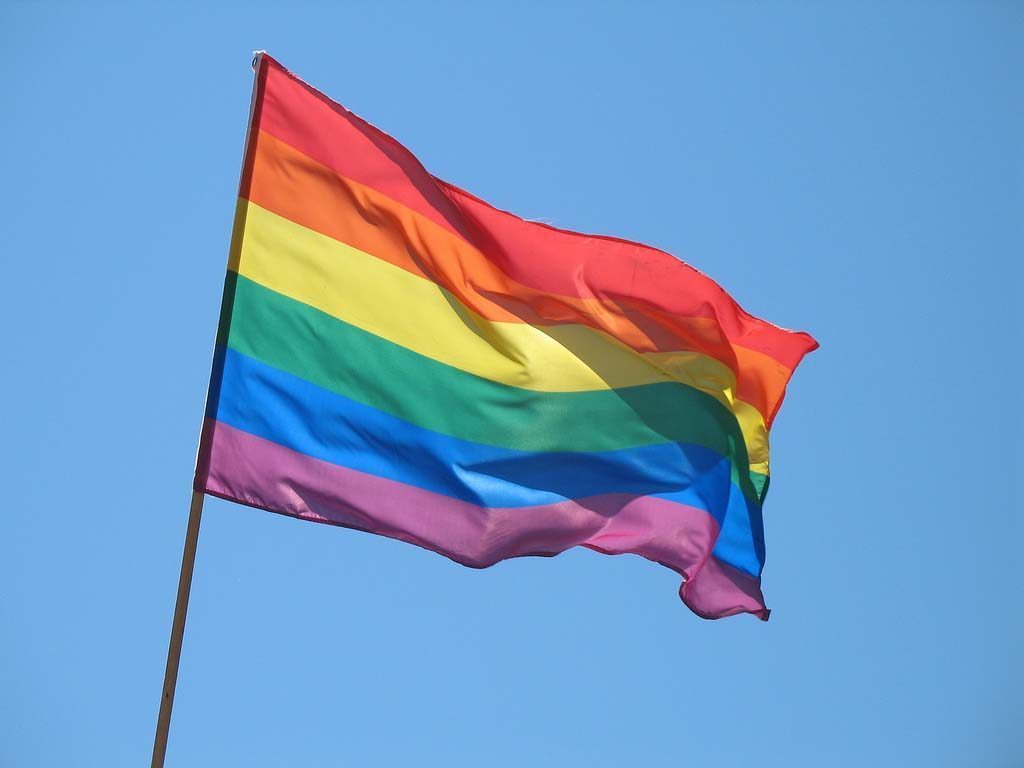Recently proposed draft legislation that would ban homosexual and transgender expats from moving to the Gulf after undergoing a medical examination is “outrageous” and must be rejected, the UK-based non-governmental organization Amnesty International has said.
In a statement released on Friday, Philip Luther, the group’s Middle East and North Africa Director, said:
“This proposal will only further stigmatize people who already suffer extremely high levels of discrimination and abuse on the grounds of their real or perceived sexual orientation or gender identity.
Instead of continuing to discriminate against lesbian, gay, bisexual, transgender and intersex individuals, authorities in Kuwait should work to ensure that people are not harassed and abused because of who they are and repeal laws that criminalize sexual acts between consenting adults.”
Amnesty is the latest in a long line of international groups that have condemned the proposal since it was introduced earlier this month by Kuwaiti Minister of Health official Dr. Yousuf Mendkar.
Mendkar was quoted by Al Rai newspaper as saying:
“Health centers conduct the routine medical check to assess the health of the expatriates when they come into the GCC countries. However, we will take stricter measures that will help us detect gays who will be then barred from entering Kuwait or any of the GCC member states.”
Because Qatar is holding the World Cup in 2022, it has also been roped into the controversy, with LGBT groups saying FIFA should cancel the games here to avoid “homophobic discrimination.”
Homosexual activity is illegal in all almost all GCC nations, including Qatar. According to the US State Department’s Qatar fact sheet, “those convicted may be sentenced to lashings, a prison sentence, and/or deportation.”
But the Qatar 2022 Supreme Committee has maintained that everyone is welcome to attend the Cup, though FIFA president Sepp Blatter drew criticism in 2010 after joking that gay fans “should refrain from any sexual activities” while here.
The proposal’s merits will be debated at a Gulf Cooperation Council meeting in November, Amnesty states.
Thoughts?
Credit: Photo by mktp
Note: This article has been corrected to reflect that homosexual activity is not banned across the Gulf – it is legal in Bahrain for consenting adults over the age of 21.








